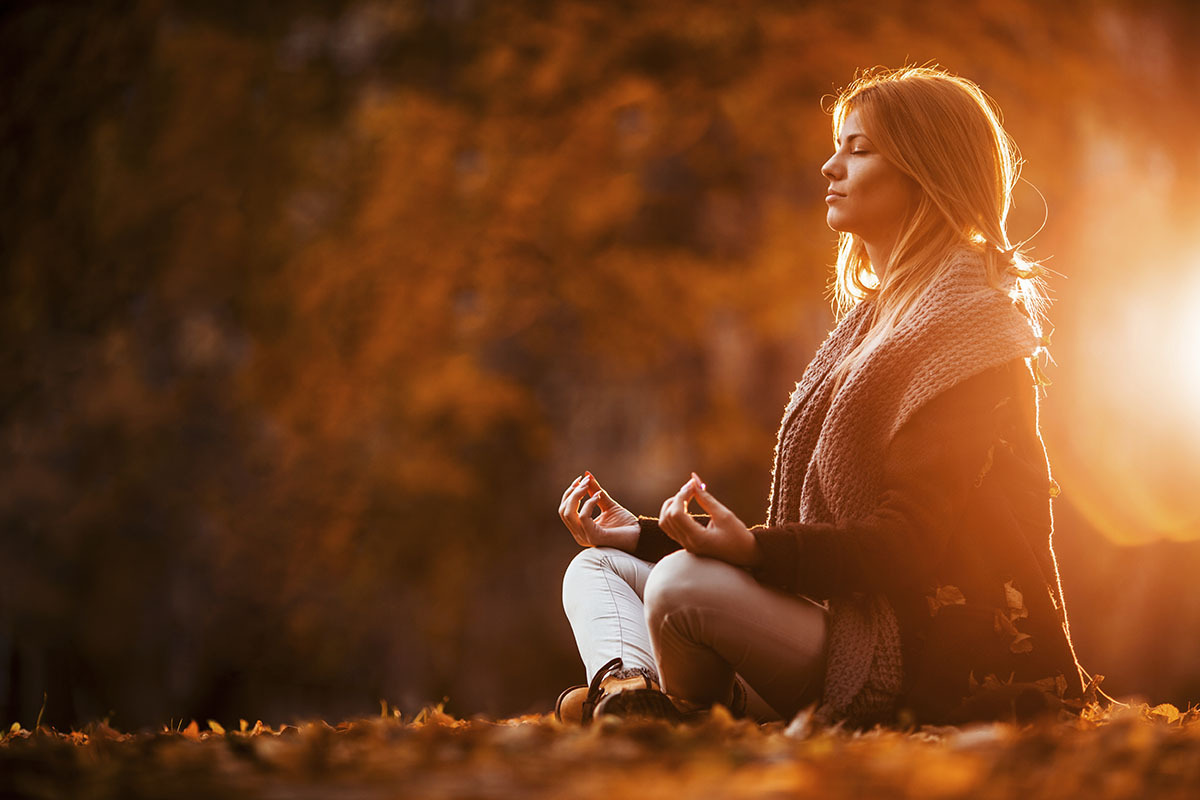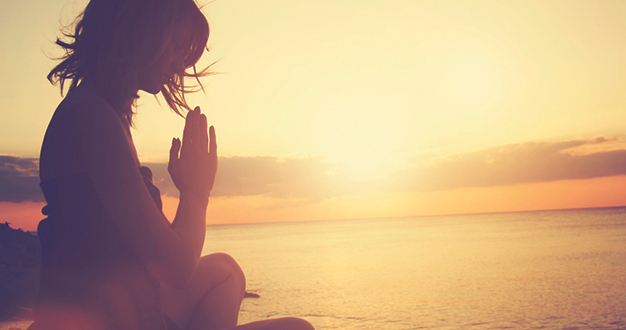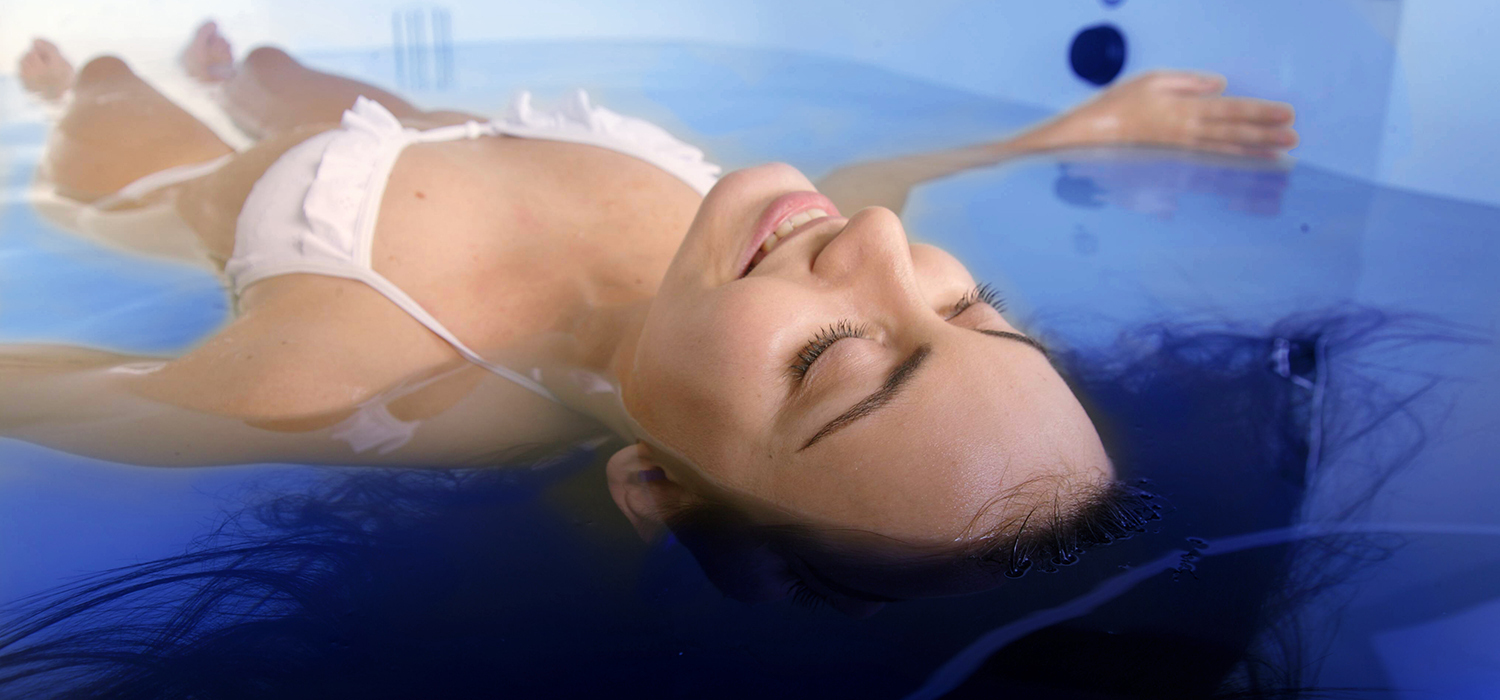
Silence. What’s that like? I have been reading about silent retreats, and trying to imagine not having to wear earplugs to go to sleep (snoring husband), or noise cancelling headphones just so I can read a book on the train home from work without someone making a loud phonecall or public announcement.
Where does one go to avoid the endless hum and drone and ceaseless interruptions of life? Far away, it seems. Emma Watson did a week of silence to heal from her break-up. Giselle was way ahead of all us mere mortals, doing three days of silent meditation in Costa Rica back in 2014.
But the quest for quiet is more than a mere fad. According to the World Health Organisation, noise pollution is said to be the biggest threat to public health after air pollution. Studies have shown that white noise, the constant background buzz of the world, increases stress levels. (We don’t need studies to tell us that, right?) In an increasingly hectic world, silence is becoming a precious commodity, and yet you don’t have to head to far flung exotic places to get your silence fix…

Silent Spa
The Spas at Mandarin Oriental worldwide are offering a night of silence on December 12th 2017 – normal treatments will resume but after 5pm, no music and no talking “to instil a sense of peace and allow for individuals to experience contemplation and mindfulness”. How blissful.
“During this stressful time of the year, we want to create a space where people can press the pause button and have some time to think, meditate, or just take a break from being inundated with noise,” says Jeremy McCarthy, the MO’s Group Spa Director.
They also offer a 120-minute digital detox – surely a reasonable ask. Even though I loved my three day digital detox in Switzerland, many people in my office hyperventilated at the idea of being parted from their smartphone for more than a minute.
Sensory Deprivation
One of the most silent experiences I ever had in a spa was in Ockendon Manor’s floatation tank. You put in earplugs, then climb into an egg-like pod (in your costume or naked, no one is looking), then float in warm, salt water. For ten minutes, music plays to help you relax and let go. The music stops, and you experience, not just weightlessness, but utter silence for about an hour.

It’s not for everyone – read our guide on how to do floatation tanks here - I had two goes before I nailed it, realising I needed the lid open and a floating pillow to support my neck before I could relax. More than anything, I was afraid of being left alone with my thoughts. Silence for some people is their worst nightmare. If I had just broken up with someone, I’d want to surround myself with people, noise, distractions, anything to avoid obsessing over my recent hurt or unleashing any well-hidden insanities I have managed to conceal thus far.
Interestingly, I didn’t think, not in the usual way, but sort of dreamed in shapes and colours. The latest floatation therapy research, according to floatworks.com, says that during floatation the amygdala (the panic alarm bell in our brains) basically switches off. It’s like a fast-track deep meditation, and is said to be the equivalent of a night’s sleep.
Walking
“[A walk] can have the same effect as regular meditating,” says Jamie Price, wellness expert and co-founder of the Stop, Breathe,Think app. “It gets you out of your head and works as a great excuse to get you outside, which itself has a rejuvenating effect on your brain.”
But let’s not knock actual thinking: with so many distractions available to us, as well as Google answers, people very rarely spend time following a thought through to its conclusion. Success and self-improvement books are big on what they call ‘uninterrupted creation time’.

One of the ways to enter this zone is through walking, something philosophers and writers have harnessed for centuries. Walking at our own pace – instead of running or cycling – creates an unadulterated feedback loop between the rhythm of our bodies and our mental state. The pace of our feet naturally works with our moods and the rhythm of our thoughts, which in turn we can speed up and slow down.
Walks in the country are generally more peaceful in the winter months: The Campaign to Protect Rural England did ‘tranquillity mapping’ a few years ago and discovered Kielder Mires (Englands largest area of blanket bog) In Northumberland was the most tranquil place in England. Beautiful places free of noise pollution do tend to attract the chattering classes, but do what you need to do – studies have found that even a 90-minute walk outside can decrease negative emotions. If you need your silence curated, head for Gaia House, a silent Buddhist retreat in South Devon, on the wilds of Dartmoor National Park.
If you really are stuck in the city, don’t despair. Trevor Cox, Professor of Acoustic Engineering at Salford University says, “There’s such a thing as ‘relative tranquillity’. If you measure the noise level in a London park, it will be noisy. However, if you have just walked off a busy road, it will seem relatively tranquil – a haven.”
Where do you go to find silence?

The Spa Spy
23rd November 2017
Spy Likes:
Intuitive masseurs, inspired or outlandish treatments and design, posh products and celeb spotting.
Spy Dislikes:
Anyone po-faced (guests and therapists) or stupid, boring design and treatments.
